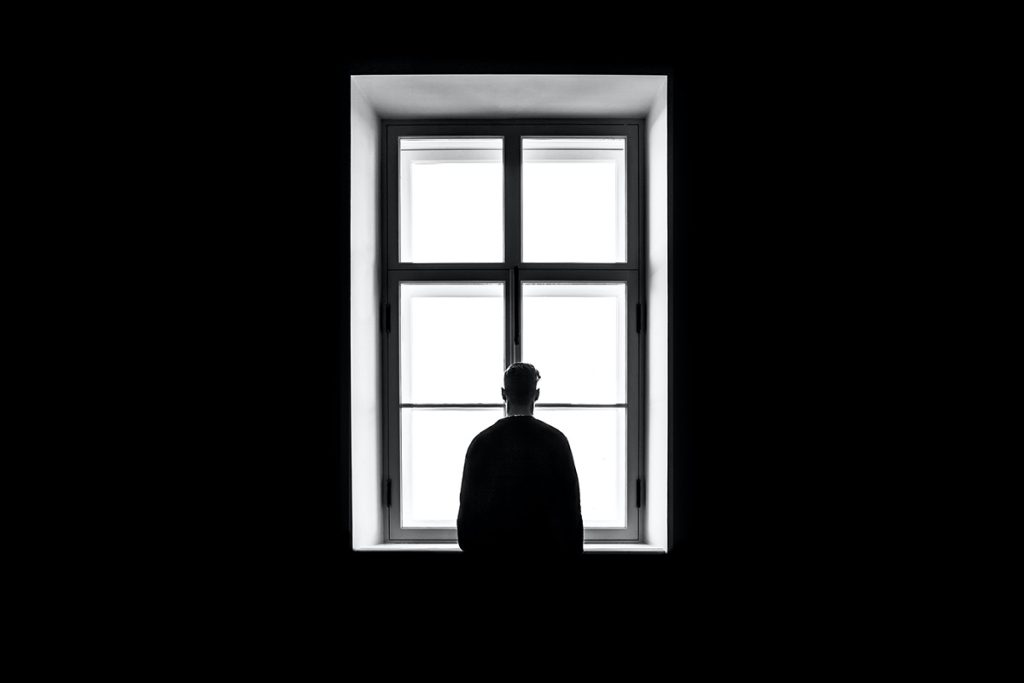
This title, Death Notes, may sound morbid, but I think about death a lot. Part of this reflection stems from the fact that I worked at hospice for over 31 years, that I conduct many memorial services (or the new term “celebrations of life”) as a minister, and that I have worked in a cemetery. I have also lost many family members, friends and pets. In fact, I believe at my age, I know more folks who have died than I know who are still living. So here are eight death notes that inspire me and keep me focused on the meaning of life and death.
1. Death of the ego is the secret of life. Attachment is the question to be solved. Detachment is the answer to living life to the fullest. If we can remain detached and live fully in the present, we overcome our attachments to ourselves, others and possessions. This does not mean we don’t care; it means we have perspective. We control drawing the line between attachment and detachment.
2. Death is the ultimate letting go. Death can be the ultimate relaxing. I have learned and witnessed from my work with hospice that death can be a satisfying peak experience. Many who believe that there is a hereafter look forward to the next chapter.
3. The more baggage we carry, the more fear of death we have. Issues that most often raise their heads are unfinished business (many times dealing with parents and family issues) and unfinished grieving. If we keep our life complete and resolved, there is often very little problem with death.
4. Awe and mystery for all of life is the real truth. If we greet “the God that is within you,” then you can never harm anyone. This way you become intimate with others rather than more attached. You are more in the moment. I knew a man who trained his parrot to say, “Attention! Attention! Here and now!”
5. “Be a little kinder to your fellow human beings.” English writer and philosopher Aldous Huxley made this quote the summation of all his work. I remember a lady at hospice who had a dying party for herself before she died. She had a great time hearing all the nice things people said. She ended comforting the living ones. She said people wondered what they should wear and how they should act. She said kindness and compassion filled the room.
6. Ask yourself the question and give three good reasons why you should live. When I ask myself that question my answer is: 1) A reverence for life; 2) Touch others and make a difference; and 3) Not being afraid to die.
7. Life and death are a paradox. The well from which laughter rises also has tears. Greek philosopher Plato said that the summation of all his work was practice dying and that purposeful living only comes by confronting death.
8. Be grateful for what we have and have had. I love the story of the house on the hill worth millions overlooking the ocean, a mansion cherished by all. The owner told his good friend he could live in his mansion until he came back. The owner told his friend that he could come back any time or never at all. The friend could say to himself: “Hopefully you will never come back.” Or he could say “I am so grateful for what I have had living here.” This is much like life. We can be attached or we can be truly grateful.
By Bob Mueller
Bob Mueller is a Bishop of the United Catholic Church, bobmueller.org
Leave a Reply